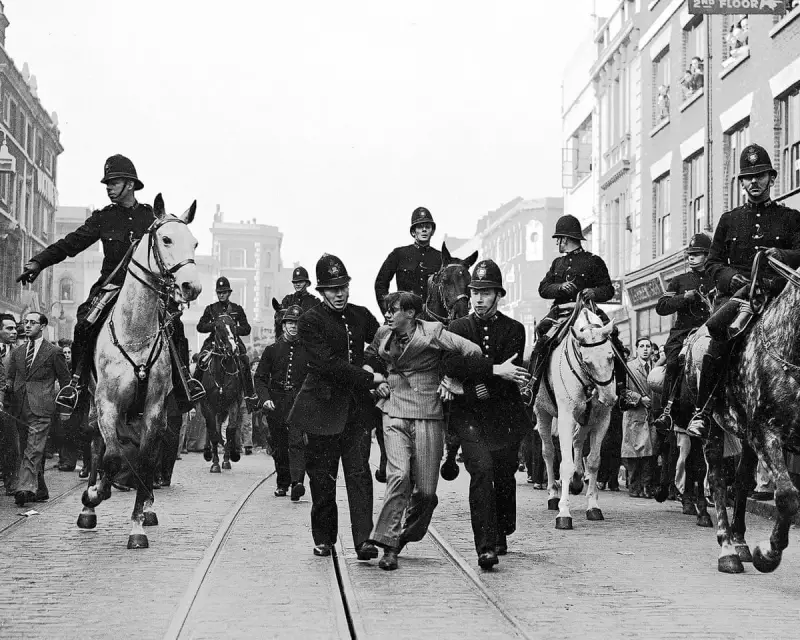
In the shadow of rising political tensions, London's East End finds itself confronting a chilling sense of historical repetition. Nearly nine decades after the historic Battle of Cable Street, where communities united to block Oswald Mosley's Blackshirts, a new generation faces a resurgent far-right movement.
Echoes from the Past
The parallels are striking. Just as in 1936, modern extremist groups are attempting to exploit social divisions and economic anxieties. Community organisers note with concern how contemporary far-right rhetoric mirrors the tactics used by Mosley's fascists nearly a century ago.
"We're seeing the same patterns," explains Dr Anwara Ali, a historian and community activist. "The targeting of minority communities, the inflammatory language, the attempts to march through multicultural neighbourhoods - it's Cable Street all over again."
Modern Resistance Takes Shape
Across Tower Hamlets and neighbouring boroughs, a coalition of faith groups, trade unions, and community organisations is mobilising. Their approach blends traditional community organising with digital activism, recognising that today's battles are fought both on streets and online.
Local resident and third-generation East Ender Michael Rosenfeld shares his perspective: "My grandfather stood against the Blackshirts in 1936. Now I'm watching my children face similar threats. The costumes have changed, but the hatred remains the same."
Political Landscape Shifts
The resurgence comes amid significant political changes at both local and national levels. Recent electoral gains by far-right groups have alarmed mainstream politicians and community leaders alike.
Labour councillor Sulaiman Khan warns: "We cannot be complacent. The conditions that allow extremism to flourish - economic uncertainty, social division, political polarisation - are all present today."
Learning from History
Community leaders are studying the lessons of Cable Street, emphasising the importance of broad-based coalitions and peaceful resistance. Educational programmes in local schools now include the history of anti-fascist resistance, ensuring younger generations understand both past struggles and present dangers.
As one veteran activist from the original Cable Street confrontation remarked: "We showed them then that hatred wouldn't march through our streets unchallenged. Today's generation must do the same."
The question hanging over the East End is whether history's lessons will be enough to counter twenty-first century extremism.





